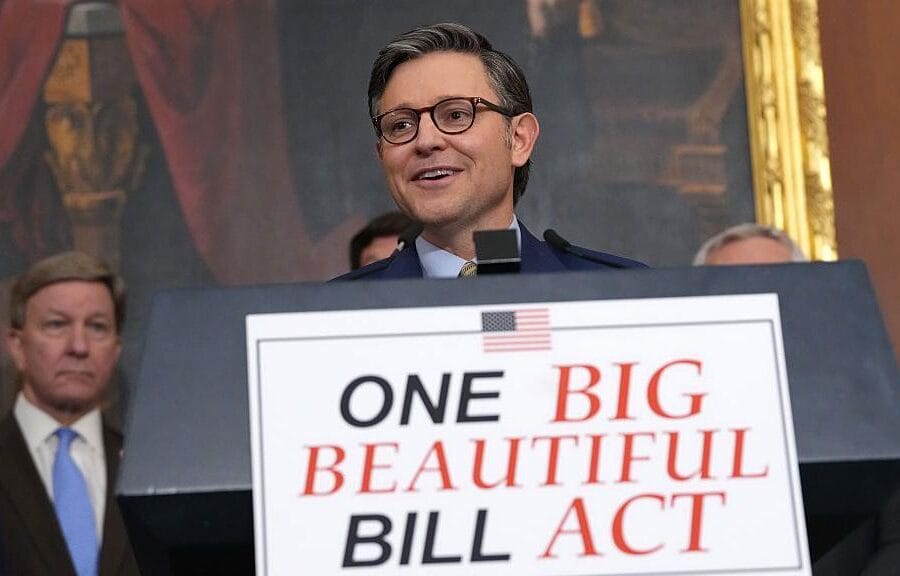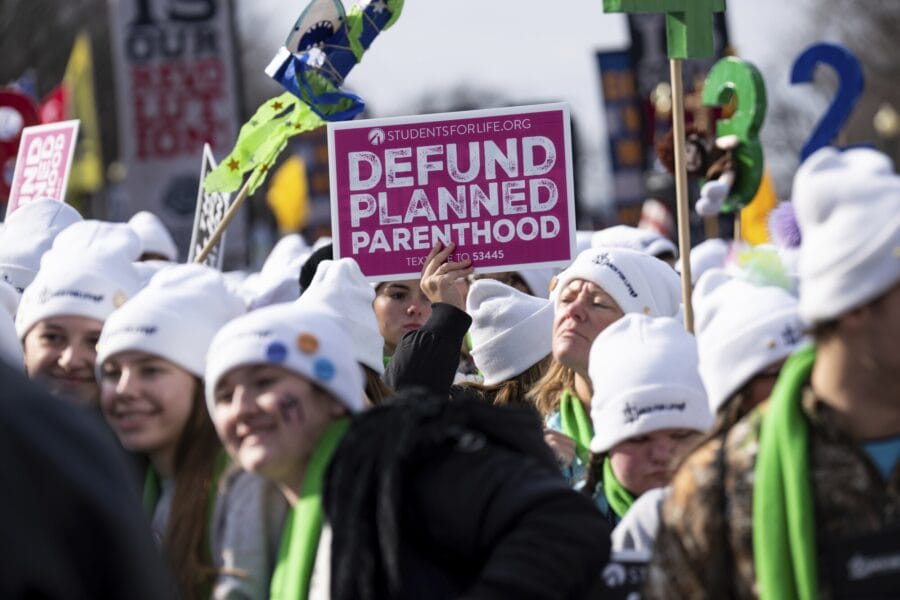“The First Amendment Rights of Americans to express themselves on public sidewalks cannot be dismantled when people embrace a pro-life message,” said AUL’s Dr. Charmaine Yoest.
WASHINGTON, D.C. (09-16-13) – Americans United for Life filed an amicus curiae brief on behalf of 40 Days for Life, the community-based pro-life campaign, in a legal challenge to a 2007 Massachusetts law creating a “no-pro-life speech zone” and criminalizing pro-life speech on public sidewalks within 35 feet of an abortion clinic. The case, McCullen v. Coakley, is being heard by the U.S. Supreme Court on appeal from a First Circuit decision upholding the law. “Violating pro-life Americans rights goes against even the mantra of ‘choice’ that the abortion lobby claims to support,” said AUL President and CEO Dr. Charmaine Yoest. “Our choice to speak for life should not be destroyed because abortion advocates want unfettered access to women while they contemplate their futures.”
“The First Amendment’s free speech guarantee is a bedrock principle of American society,” continued Dr. Yoest. “The importance of protecting abortion-related speech becomes urgent as life and death issues are at stake. In fact, even Supreme Court Justice Anthony Kennedy has recognized this, stating that when it comes to the decision to have an abortion there is ‘[n]o better illustration of the immediacy of speech, of the urgency of persuasion, of the preciousness of time…’”
The AUL brief illustrates how the Massachusetts law violates the First Amendment freedom of speech rights of 40 Days for Life by establishing a no-pro-life speech zone, where no alternatives to abortion may be offered. Contrary to Supreme Court precedent, it forces pro-life speakers to either shout or be silent, effectively foreclosing speech by those who engage in personal, direct, peaceful communication.
In 2007, Massachusetts enacted a law that prohibits anyone to “enter or remain on a public way or sidewalk adjacent” to a stand-alone abortion facility, but it does not equally apply to all persons; it explicitly exempts employees or agents of the abortion facility acting within their scope of employment.
This “no-enter zone” for those opposing abortion allows police to arrest and punish any person engaging in pro-life advocacy, including: speaking, praying, wearing t-shirts/hats/buttons, displaying signs, leafleting, making consented approaches, and peaceful conversation. It prohibits all methods of communication of the pro-life message on public sidewalks—what the U.S. Supreme Court has called “a prototypical public forum” where speech is “at its most protected”—but protects abortion advocacy by permitting abortion clinic employees and agents to enter and remain in the zone and to speak to women in ways that encourages them to have an abortion.
“The Massachusetts law impermissibly tilts the scales. One side of the abortion debate is represented in the zone while the other position is strictly prohibited under the penalty of the criminal law,” Dr. Yoest noted.
Petitioners in the case are represented by AUL Advisory Board Member, Mark Rienzi. Click here to read the brief.



